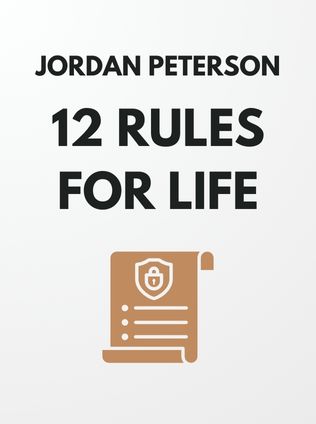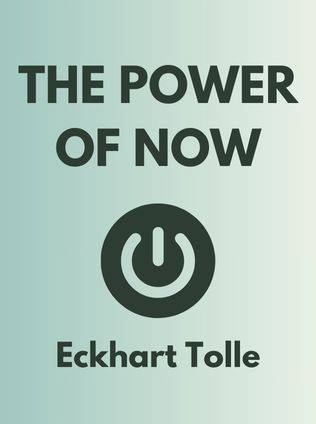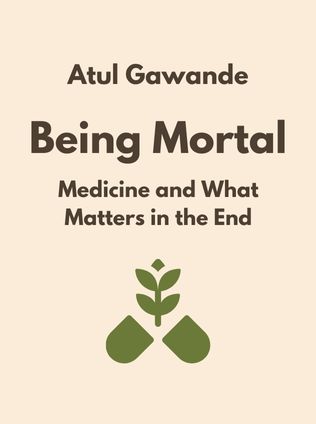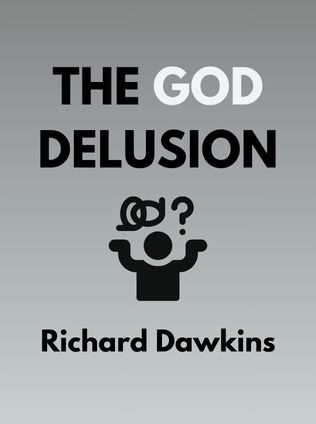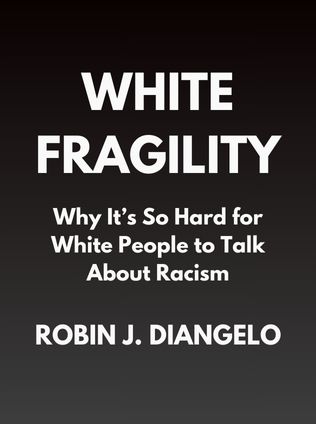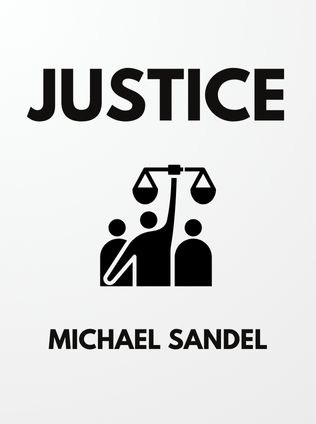
About the Author
Michael Sandel is an influential American political philosopher known for his accessible yet profound explorations of justice, ethics, and democracy. Born on March 5, 1953, Sandel has become a key figure in contemporary political philosophy, particularly through his teaching at Harvard University, where his course "Justice" has captivated thousands of students. His approach to philosophy is not only theoretical but also deeply practical, engaging with real-world moral and political dilemmas that resonate with a broad audience.
Sandel's work is characterized by its clarity and relevance, making complex philosophical ideas understandable and applicable to everyday life. His book, "Justice: What's the Right Thing to Do?", stands out as a seminal work that challenges readers to think critically about the principles that should guide a just society. Sandel's writing and teaching have reached a global audience, and his ideas continue to influence discussions on morality, law, and politics worldwide.
Main Idea
"Justice: What's the Right Thing to Do?" is a compelling exploration of the various philosophical frameworks that have been proposed to define justice. Sandel delves into the competing ideas of utilitarianism, libertarianism, and communitarianism, among others, and examines how these theories can be applied to contemporary moral and political issues. The book is not merely an academic exercise; it is a call to engage with the fundamental question of how we should live together in a society.
At its core, the book asks: What is the right thing to do? Sandel argues that justice is not only about the distribution of resources or rights but also about cultivating a sense of community and mutual responsibility. He challenges the reader to move beyond abstract principles and consider the real-world implications of different theories of justice, ultimately advocating for a more engaged and morally aware society.
Table of Contents
- Introduction: Doing the Right Thing
- Part 1: Welfare Versus Freedom
- Part 2: Reason Versus Virtue
- Part 3: How to Move Forward
Introduction: Doing the Right Thing
In the introduction, Sandel sets the stage for the philosophical journey that the reader is about to embark on. He begins with a series of moral dilemmas that challenge the reader to confront their own ethical assumptions. One of the most famous examples he uses is the trolley problem, where one must decide whether to sacrifice one person to save many others. This problem is not just a thought experiment; it represents the kinds of tough moral choices that we all face in life.
Sandel uses these dilemmas to illustrate the complexity of moral decision-making and the importance of considering multiple perspectives. He argues that justice is not simply about following a set of rules but involves a deeper process of reflection on what we owe to each other as members of a community. This introduction prepares the reader for the more detailed discussions that follow, setting the tone for a book that is both intellectually rigorous and deeply relevant to everyday life.
Part 1: Welfare Versus Freedom
Maximizing Welfare: Utilitarianism
The first part of the book explores the concept of utilitarianism, a moral philosophy that evaluates actions based on their consequences, specifically in terms of happiness or pain. Utilitarians, such as Jeremy Bentham and John Stuart Mill, argue that the most ethical action is the one that maximizes happiness for the greatest number of people. Sandel presents utilitarianism as a powerful but ultimately flawed theory of justice.
"Happiness to utilitarians... means pleasure and the fulfillment of desires, while a lack of happiness means pain or deprivation of desires." - Michael Sandel
Sandel challenges the reader to consider the implications of a society governed solely by utilitarian principles. For instance, he discusses Bentham's idea of imprisoning homeless people in labor camps to maximize societal utility. While this might increase overall happiness, it raises serious ethical concerns about the violation of individual rights. This example highlights a key criticism of utilitarianism: it can justify actions that seem morally wrong if they lead to a greater overall good.
- No Guaranteed Individual Rights: Utilitarians believe that individual rights are not inherently moral but are granted only if they serve the greater good. This view can lead to the justification of harmful actions if they are deemed to benefit the majority.
- Measuring Happiness: Sandel examines the challenges of quantifying happiness, highlighting the differences between Bentham's quantitative approach, which treats all pleasures equally, and Mill's qualitative approach, which ranks some pleasures as higher than others.
Maximizing Freedom: Libertarianism
Sandel then contrasts utilitarianism with libertarianism, a political philosophy that prioritizes personal freedom above all else. Libertarians argue that individuals own themselves and should have the freedom to live their lives as they see fit, without interference from the government. This includes both personal and economic freedoms, which libertarians see as essential to a just society.
Sign up for FREE and get access to 1,400+ books summaries.
You May Also Like
Rich Dad Poor Dad
What the Rich Teach Their Kids About Money - That the Poor and Middle Class Do Not!
By Robert T. KiyosakiFreakonomics
A Rogue Economist Explores the Hidden Side of Everything
By Steven D. Levitt and Stephen J. DubnerI Am Malala
The Story of the Girl Who Stood Up for Education and Was Shot by the Taliban
By Malala YousafzaiFactfulness
Ten Reasons We're Wrong About the World – and Why Things Are Better Than You Think
By Hans Rosling












